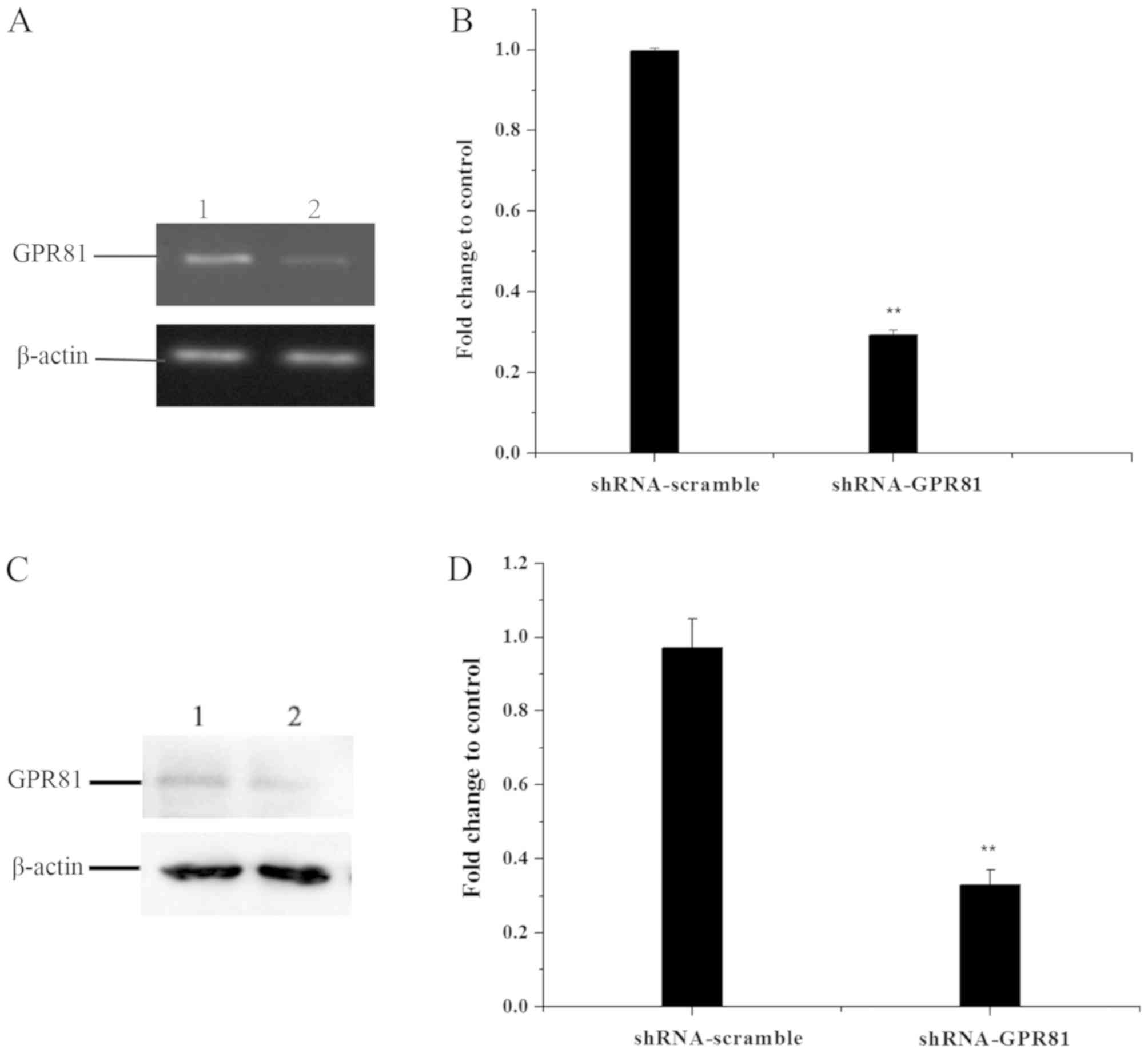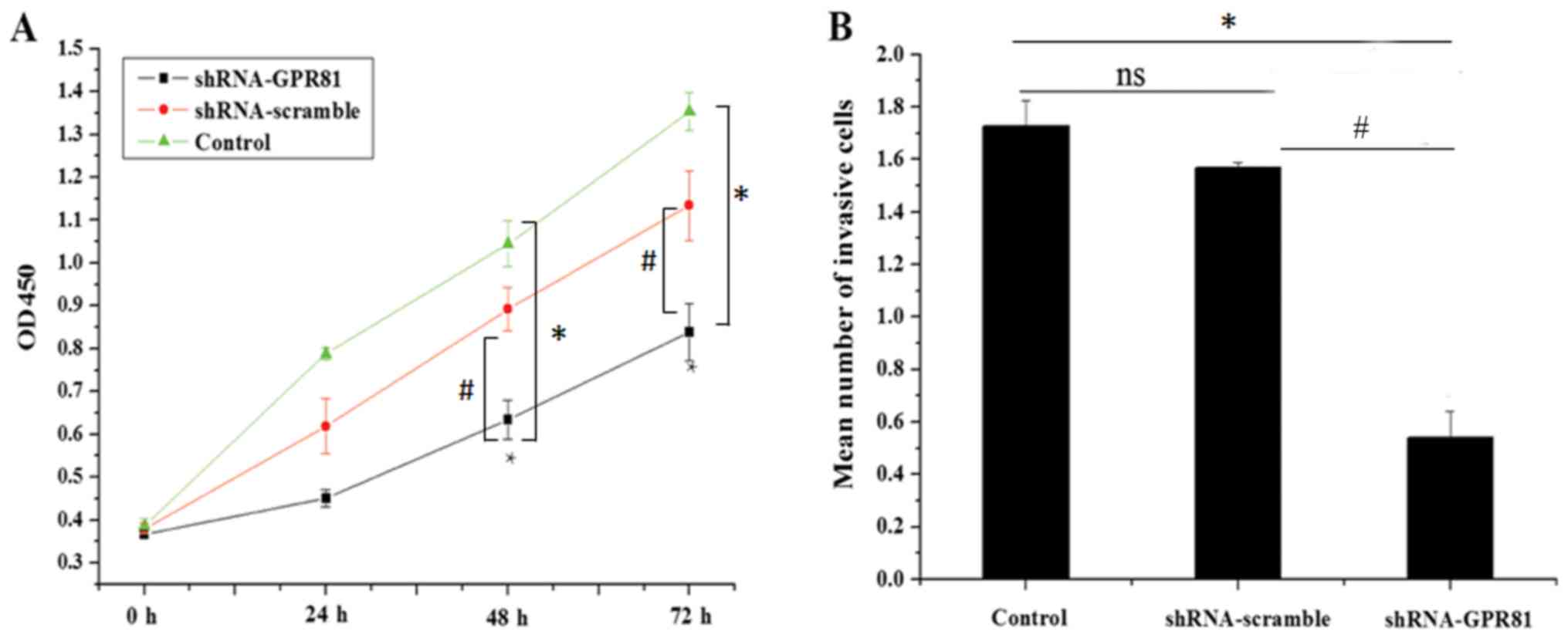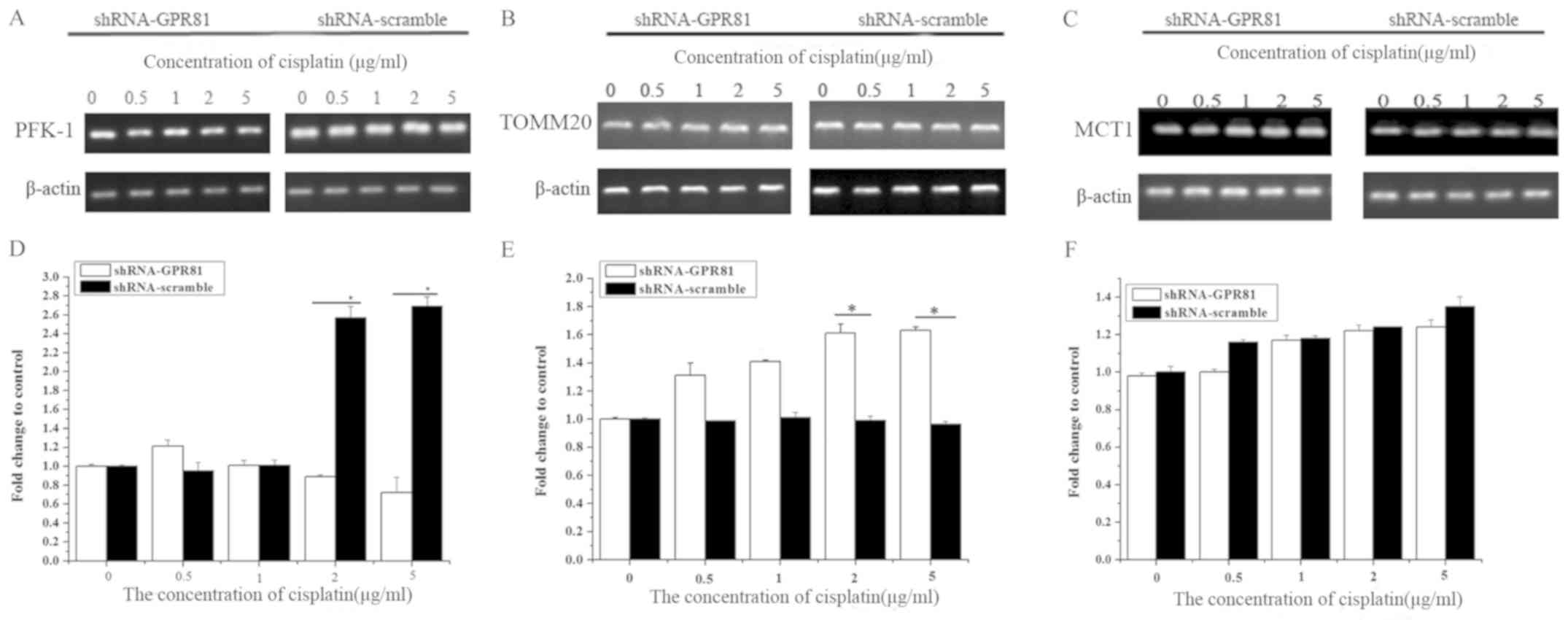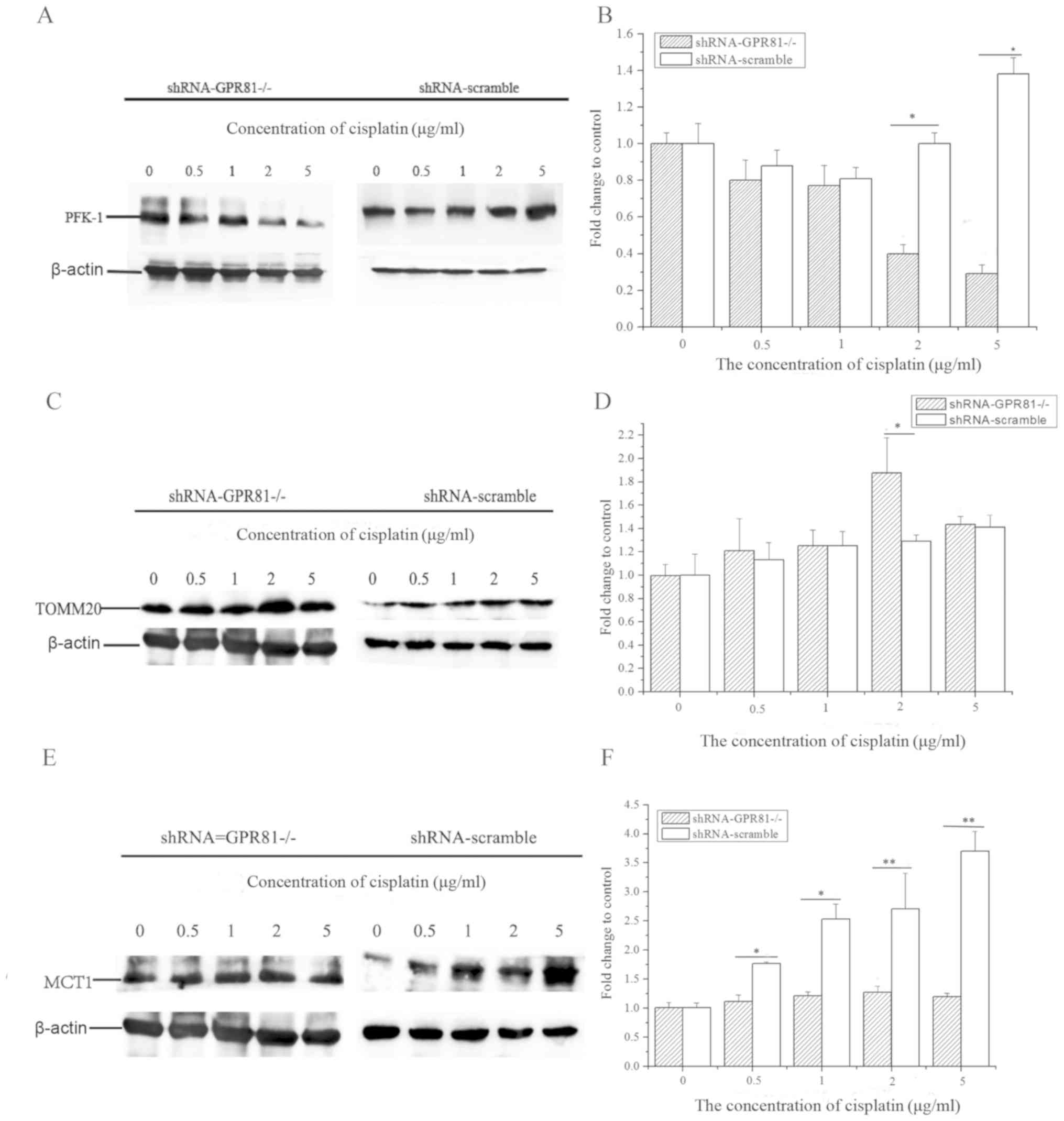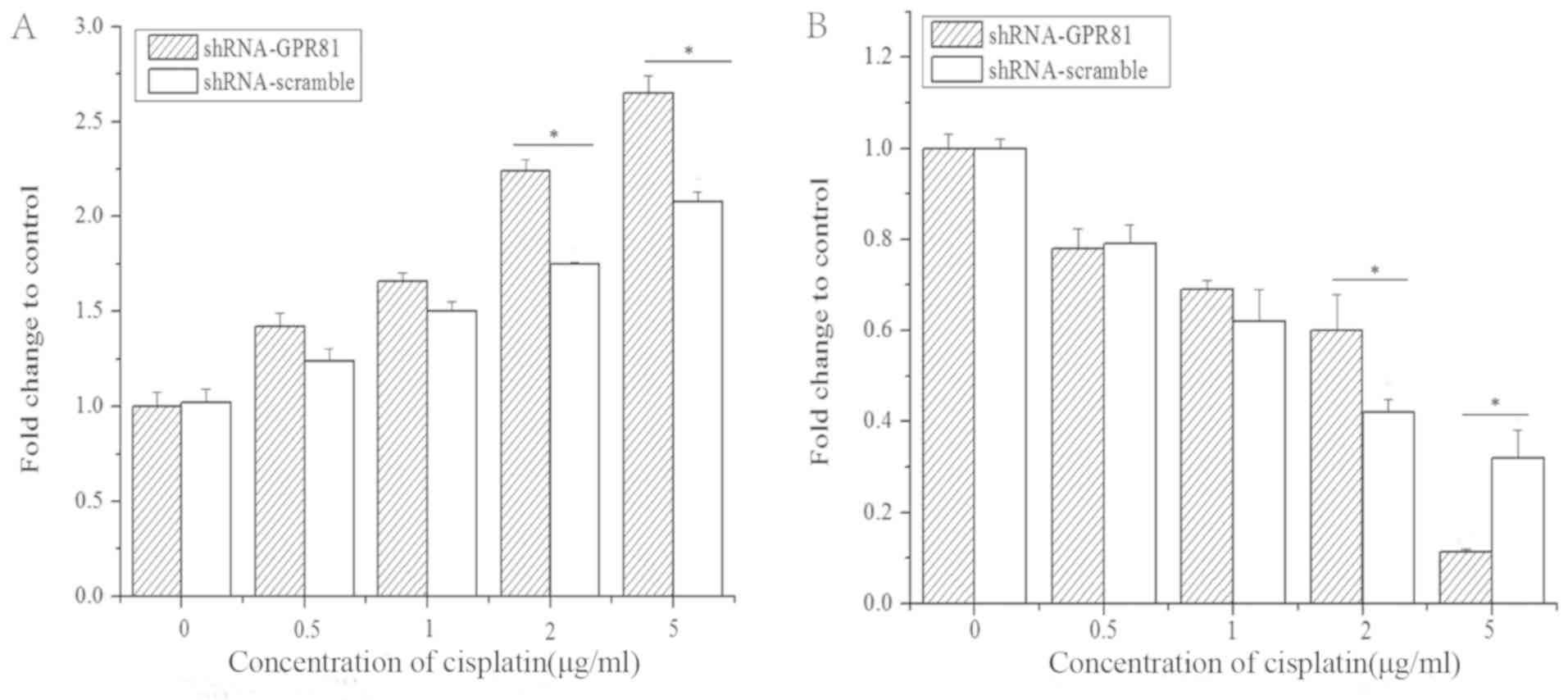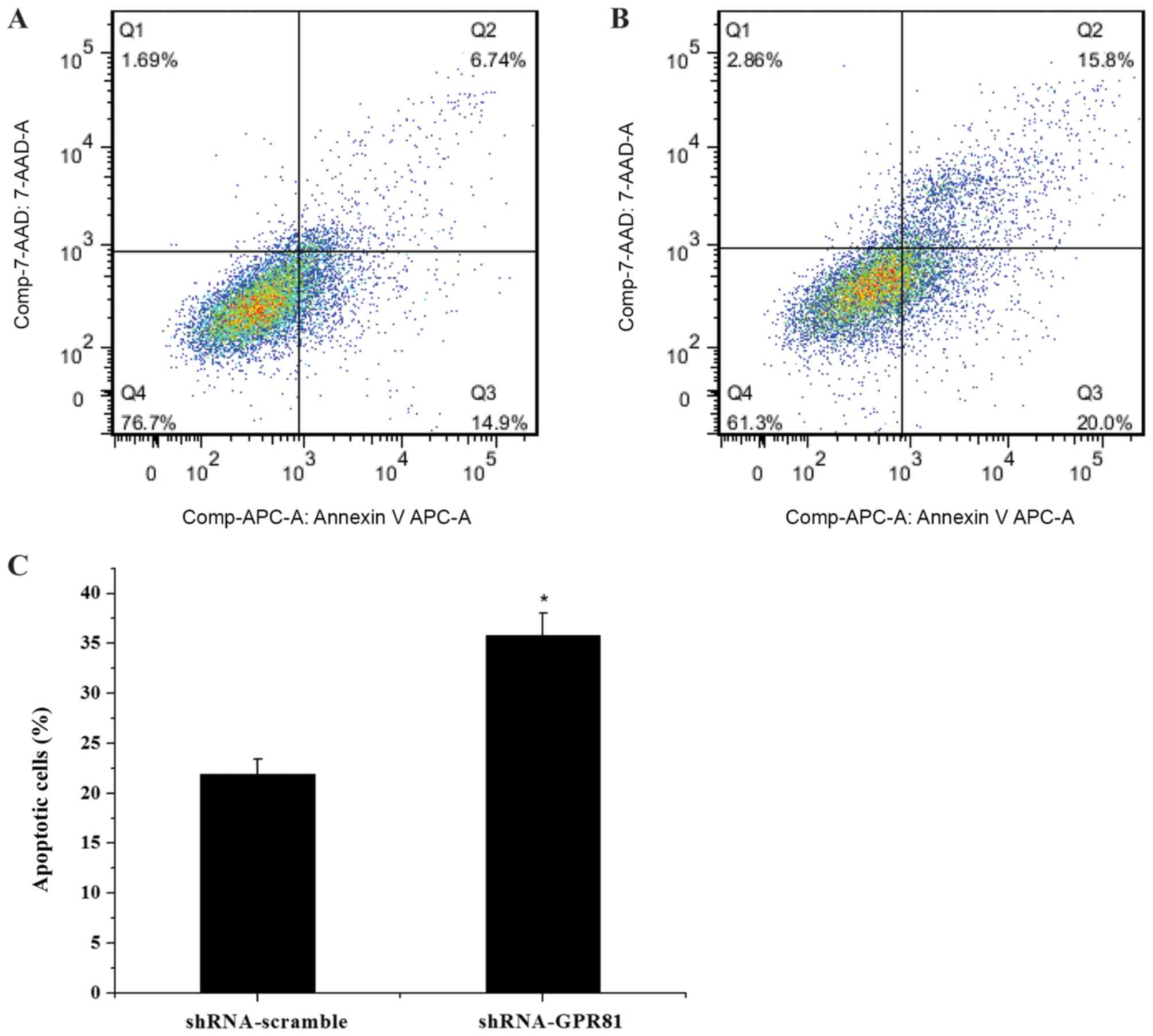|
1
|
Cohen N, Fedewa S and Chen AY:
Epidemiology and demographics of the head and neck cancer
population. Oral Maxillofac Surg Clin North Am. 30:381–395. 2018.
View Article : Google Scholar : PubMed/NCBI
|
|
2
|
Bradley PJ: Epidemiologyz of
hypopharyngeal cancer. Adv Otorhinolaryngol. 83:1–14.
2019.PubMed/NCBI
|
|
3
|
Znaor A, Brennan P, Gajalakshmi V, Mathew
A, Shanta V, Varghese C and Boffetta P: Independent and combined
effects of tobacco smoking, chewing and alcohol drinking on the
risk of oral, pharyngeal and esophageal cancers in Indian men. Int
J Cancer. 105:681–686. 2003. View Article : Google Scholar : PubMed/NCBI
|
|
4
|
Mehanna H, Beech T, Nicholson T, El-Hariry
I, McConkey C, Paleri V and Roberts S: Prevalence of human
papillomavirus in oropharyngeal and nonoropharyngeal head and neck
cancer-systematic review and meta-analysis of trends by time and
region. Head Neck. 35:747–755. 2013. View Article : Google Scholar : PubMed/NCBI
|
|
5
|
Newman JR, Connolly TM, Illing EA, Kilgore
ML, Locher J and Carroll WR: Survival trends in hypopharyngeal
cancer: A population-based review. Laryngoscope. 125:624–629. 2015.
View Article : Google Scholar : PubMed/NCBI
|
|
6
|
American Cancer Society: Laryngeal and
hypopharyngeal cancer. January
4–2015
|
|
7
|
Hanahan D and Weinberg RA: Hallmarks of
cancer: The next generation. Cell. 144:646–674. 2011. View Article : Google Scholar : PubMed/NCBI
|
|
8
|
Moreno-Sánchez R, Rodríguez-Enríquez S,
Marín-Hernández A and Saavedra E: Energy metabolism in tumor cells.
FEBS J. 274:1393–1418. 2007. View Article : Google Scholar : PubMed/NCBI
|
|
9
|
Fantin VR, St-Pierre J and Leder P:
Attenuation of LDH-A expression uncovers a link between glycolysis,
mitochondrial physiology, and tumor maintenance. Cancer Cell.
9:425–434. 2006. View Article : Google Scholar : PubMed/NCBI
|
|
10
|
Díaz-Muñiz I, Banavara DS, Budinich MF,
Rankin SA, Dudley EG and Steele JL: Lactobacillus casei metabolic
potential to utilize citrate as an energy source in ripening
cheese: A bioinformatics approach. J Appl Microbiol. 101:872–882.
2006. View Article : Google Scholar : PubMed/NCBI
|
|
11
|
Brodsky AN, Odenwelder DC and Harcum SW:
High extracellular lactate causes reductive carboxylation in breast
tissue cell lines grown under normoxic conditions. PLoS One.
14:e02134192019. View Article : Google Scholar : PubMed/NCBI
|
|
12
|
Grasmann G, Smolle E, Olschewski H and
Leithner K: Gluconeogenesis in cancer cells-Repurposing of a
starvation-induced metabolic pathway? Biochim Biophys Acta Rev
Cancer. 1872:24–36. 2019. View Article : Google Scholar : PubMed/NCBI
|
|
13
|
Liu C, Wu J, Zhu J, Kuei C, Yu J, Shelton
J, Sutton SW, Li X, Yun SJ, Mirzadegan T, et al: Lactate inhibits
lipolysis in fat cells through activation of an orphan
G-protein-coupled receptor, GPR81. J Biol Chem. 284:2811–2822.
2009. View Article : Google Scholar : PubMed/NCBI
|
|
14
|
Rooney K and Trayhurn P: Lactate and the
GPR81 receptor in metabolic regulation: Implications for adipose
tissue function and fatty acid utilisation by muscle during
exercise. Br J Nutr. 106:1310–1316. 2011. View Article : Google Scholar : PubMed/NCBI
|
|
15
|
Morland C, Lauritzen KH, Puchades M,
Holm-Hansen S, Andersson K, Gjedde A, Attramadal H, Storm-Mathisen
J and Bergersen LH: The lactate receptor, G-protein-coupled
receptor 81/hydroxycarboxylic acid receptor 1: Expression and
action in brain. J Neurosci Res. 93:1045–1055. 2015. View Article : Google Scholar : PubMed/NCBI
|
|
16
|
Wagner W, Kania KD, Blauz A and Ciszewski
WM: The lactate receptor (HCAR1/GPR81) contributes to doxorubicin
chemoresistance via ABCB1 transporter up-regulation in human
cervical cancer HeLa cells. J Physiol Pharmacol. 68:555–564.
2017.PubMed/NCBI
|
|
17
|
Feng J, Yang H, Zhang Y, Wei H, Zhu Z, Zhu
B, Yang M, Cao W, Wang L and Wu Z: Tumor cell-derived lactate
induces TAZ-dependent upregulation of PD-L1 through GPR81 in human
lung cancer cells. Oncogene. 36:5829–5839. 2017. View Article : Google Scholar : PubMed/NCBI
|
|
18
|
Roland CL, Arumugam T, Deng T, Liu SH,
Philip B, Gomez S, Burns WR, Ramachandran V, Wang H,
Cruz-Monserrate Z and Logsdon CD: Cell surface lactate receptor
GPR81 is crucial for cancer cell survival. Cancer Res.
74:5301–5310. 2014. View Article : Google Scholar : PubMed/NCBI
|
|
19
|
Caslin HL, Abebayehu D, Abdul Qayum A,
Haque TT, Taruselli MT, Paez PA, Pondicherry N, Barnstein BO,
Hoeferlin LA, Chalfant CE and Ryan JJ: Lactic acid inhibits
lipopolysaccharide-induced mast cell function by limiting
glycolysis and ATP availability. J Immunol. 203:453–464. 2019.
View Article : Google Scholar : PubMed/NCBI
|
|
20
|
Ideno M, Kobayashi M, Sasaki S, Futagi Y,
Narumi K, Furugen A and Iseki K: Involvement of monocarboxylate
transporter 1 (SLC16A1) in the uptake of l-lactate in human
astrocytes. Life Sci. 192:110–114. 2018. View Article : Google Scholar : PubMed/NCBI
|
|
21
|
Curry JM, Tuluc M, Whitaker-Menezes D,
Ames JA, Anantharaman A, Butera A, Leiby B, Cognetti DM, Sotgia F,
Lisanti MP, et al: Cancer metabolism, stemness and tumor
recurrence: MCT1 and MCT4 are functional biomarkers of metabolic
symbiosis in head and neck cancer. Cell Cycle. 12:1371–1384. 2013.
View Article : Google Scholar : PubMed/NCBI
|
|
22
|
Yuan Y, Guo-Qing P, Yan T, Hong-Lin Y,
Gong-Hua H and Cai-Gao Z: A study of PKM2, PFK-1, and ANT1
expressions in cervical biopsy tissues in China. Med Oncol.
29:2904–2910. 2012. View Article : Google Scholar : PubMed/NCBI
|
|
23
|
Gooptu M, Whitaker-Menezes D, Sprandio J,
Domingo-Vidal M, Lin Z, Uppal G, Gong J, Fratamico R, Leiby B,
Dulau-Florea A, et al: Mitochondrial and glycolytic metabolic
compartmentalization in diffuse large B-cell lymphoma. Semin Oncol.
44:204–217. 2017. View Article : Google Scholar : PubMed/NCBI
|
|
24
|
Sotgia F, Whitaker-Menezes D,
Martinez-Outschoorn UE, Flomenberg N, Birbe RC, Witkiewicz AK,
Howell A, Philp NJ, Pestell RG and Lisanti MP: Mitochondrial
metabolism in cancer metastasis: Visualizing tumor cell
mitochondria and the ‘reverse Warburg effect’ in positive lymph
node tissue. Cell Cycle. 11:1445–1454. 2012. View Article : Google Scholar : PubMed/NCBI
|
|
25
|
Zhao Z, Han F, He Y, Yang S, Hua L, Wu J
and Zhan W: Stromal-epithelial metabolic coupling in gastric
cancer: Stromal MCT4 and mitochondrial TOMM20 as poor prognostic
factors. Eur J Surg Oncol. 40:1361–1368. 2014. View Article : Google Scholar : PubMed/NCBI
|
|
26
|
Park SH, Lee AR, Choi K, Joung S, Yoon JB
and Kim S: TOMM20 as a potential therapeutic target of colorectal
cancer. BMB Rep. 52:712–717. 2019. View Article : Google Scholar : PubMed/NCBI
|
|
27
|
Duan K, Liu ZJ, Hu SQ, Huo HY, Xu ZR, Ruan
JF, Sun Y, Dai LP, Yan CB, Xiong W, et al: Lactic acid induces
lactate transport and glycolysis/OXPHOS interconversion in
glioblastoma. Biochem Biophys Res Commun. 503:888–894. 2018.
View Article : Google Scholar : PubMed/NCBI
|
|
28
|
Brown TP and Ganapathy V: Lactate/GPR81
signaling and proton motive force in cancer: Role in angiogenesis,
immune escape, nutrition, and Warburg phenomenon. Pharmacol Ther.
206:1074512020. View Article : Google Scholar : PubMed/NCBI
|
|
29
|
Lee YJ, Shin KJ, Park SA, Park KS, Park S,
Heo K, Seo YK, Noh DY, Ryu SH and Suh PG: G-protein-coupled
receptor 81 promotes a malignant phenotype in breast cancer through
angiogenic factor secretion. Oncotarget. 7:70898–70911. 2016.
View Article : Google Scholar : PubMed/NCBI
|
|
30
|
Rancoule C, Guy JB, Vallard A, Ben Mrad M,
Rehailia A and Magné N: 50th anniversary of cisplatin. Bull Cancer.
104:167–176. 2017. View Article : Google Scholar : PubMed/NCBI
|
|
31
|
Zhang K, Zhang B, Bai Y and Dai L: E2F1
promotes cancer cell sensitivity to cisplatin by regulating the
cellular DNA damage response through miR-26b in esophageal squamous
cell carcinoma. J Cancer. 11:301–310. 2020. View Article : Google Scholar : PubMed/NCBI
|
|
32
|
Shi S, Tan P, Yan B, Gao R, Zhao J, Wang
J, Guo J, Li N and Ma Z: ER stress and autophagy are involved in
the apoptosis induced by cisplatin in human lung cancer cells.
Oncol Rep. 35:2606–2614. 2016. View Article : Google Scholar : PubMed/NCBI
|
|
33
|
Zheng AW, Chen YQ, Fang J, Zhang YL and
Jia DD: Xiaoaiping combined with cisplatin can inhibit
proliferation and invasion and induce cell cycle arrest and
apoptosis in human ovarian cancer cell lines. Biomed Pharmacother.
89:1172–1177. 2017. View Article : Google Scholar : PubMed/NCBI
|
|
34
|
Xu O, Jia QJ, Wang JX and Shan C: A
preliminary study on the function of GPR81 and TOMM20 in
hypopharyngeal carcinoma. Chin J Otorhinolaryngol Skull Base Surg.
25:498–503. 2019.
|
|
35
|
Ashton TM, McKenna WG, Kunz-Schughart LA
and Higgins GS: Oxidative phosphorylation as an emerging target in
cancer therapy. Clin Cancer Res. 24:2482–2490. 2018. View Article : Google Scholar : PubMed/NCBI
|
|
36
|
Bottoni P and Scatena R: Mitochondrial
metabolism in cancer. A tangled topic. Which role for proteomics?
Adv Exp Med Biol. 1158:1–16. 2019. View Article : Google Scholar : PubMed/NCBI
|
|
37
|
Mor I, Cheung EC and Vousden KH: Control
of glycolysis through regulation of PFK-1: Old friends and recent
additions. Cold Spring Harb Symp Quant Biol. 76:211–216. 2011.
View Article : Google Scholar : PubMed/NCBI
|
|
38
|
Marín-Hernández A, Gallardo-Pérez JC,
López-Ramírez SY, García-García JD, Rodríguez-Zavala JS,
Ruiz-Ramírez L, Gracia-Mora I, Zentella-Dehesa A, Sosa-Garrocho M,
Macías-Silva M, et al: Casiopeina II-gly and bromo-pyruvate
inhibition of tumor hexokinase, glycolysis, and oxidative
phosphorylation. Arch Toxicol. 86:753–766. 2012. View Article : Google Scholar : PubMed/NCBI
|
|
39
|
Fan Z, Yu H, Cui N, Kong X, Liu X, Chang
Y, Wu Y, Sun L and Wang G: ABT737 enhances cholangiocarcinoma
sensitivity to cisplatin through regulation of mitochondrial
dynamics. Exp Cell Res. 335:68–81. 2015. View Article : Google Scholar : PubMed/NCBI
|
|
40
|
Lottes RG, Newton DA, Spyropoulos DD and
Baatz JE: Lactate as substrate for mitochondrial respiration in
alveolar epithelial type II cells. Am J Physiol Lung Cell Mol
Physiol. 308:L953–L961. 2015. View Article : Google Scholar : PubMed/NCBI
|
|
41
|
Yan C, Yang F, Zhou C, Chen X, Han X, Liu
X, Ma H and Zheng W: MCT1 promotes the cisplatin-resistance by
antagonizing Fas in epithelial ovarian cancer. Int J Clin Exp
Pathol. 8:2710–2718. 2015.PubMed/NCBI
|
|
42
|
Hu Y and Zeng F: Expressions of GPR81,
MCT1 and MCT4 in squamous carcinoma and their clinical
significance. Zhong Nan Da Xue Xue Bao Yi Xue Ban. 43:950–956.
2018.(In Chinese). PubMed/NCBI
|















